Russia restores production of permanent rare earth magnets, many countries react to US economic policies after Donald Trump took office as President... are outstanding world economic news.
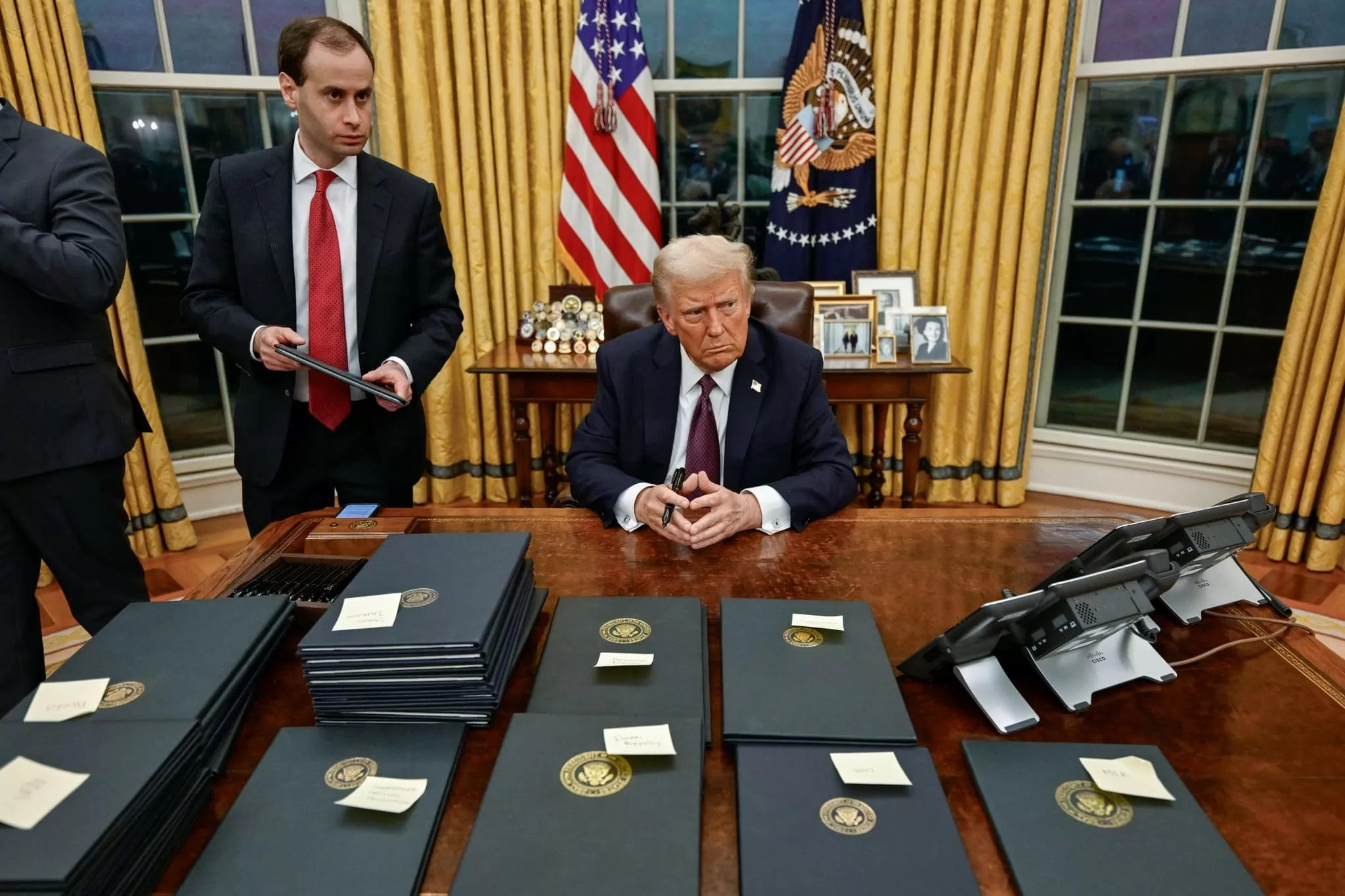 |
| On January 20, after being sworn in and officially becoming the 47th President of the United States, Mr. Donald Trump signed nearly 100 executive orders related to a range of areas, thereby realizing his election campaign commitments. (Source: White House) |
World economy
CEOs are optimistic
Most chief executives expect the global economy to accelerate this year, despite growing trade tensions and the threat of higher tariffs under the Trump administration.
The above assessment was made in a new survey released on January 20 by auditing firm PwC, according to which nearly 60% of company leaders are optimistic about the global economic outlook. This rate is up sharply from 38% a year earlier.
The report was released to coincide with the World Economic Forum (WEF) in Davos, Switzerland from January 20-24.
CEO sentiment is better than it has been in years, thanks to optimism around new technologies like artificial intelligence (AI), according to Mohamed Kande, global chairman of PwC.
The last time executives were this excited was more than 20 years ago with the mobile Internet, Mr. Kande said. Now the focus is on AI. Business leaders, he said, are expecting a new era of innovation.
PwC said it surveyed 4,701 CEOs across 109 countries and territories. More than half of the CEOs said their companies had become more efficient thanks to artificial intelligence.
The survey ran from October 1 to November 8, 2024, meaning many respondents likely completed the responses before Trump won the US presidential election. CEOs remained optimistic after his victory, Kande said, because the results provided certainty and clarity.
US economy
* On January 20, after being sworn in and officially becoming the 47th President of the United States, Mr. Donald Trump signed nearly 100 executive orders related to a range of areas, thereby realizing his election campaign commitments.
The orders focus on hot-button issues during Donald Trump's recent presidential campaign, such as immigration, tariffs, technology and oil exploration.
Chinese Economy
* On January 22, Chinese Foreign Ministry spokesman Mao Ning said China would defend its "national interests" after US President Donald Trump said a 10% tariff on Chinese imports could be imposed as early as February 1. According to the spokesman, Beijing is willing to maintain communication with Washington to resolve differences, expand mutually beneficial cooperation, and promote stable and sustainable development in relations between the two countries.
* Official data released by the National Bureau of Statistics (NBS) of China on January 20 showed that youth unemployment in Chinese cities decreased for the fourth consecutive month in December 2024.
According to data from the NBS, the urban unemployment rate for the 16-24 age group (excluding students) fell from 16.1% in November 2024 to 15.7% in December 2024.
The unemployment rate for those aged 25 to 29 also declined slightly from 6.7% to 6.6% over the same reporting period. However, the unemployment rate for those aged 30 to 59 increased to 3.9% in December 2024 from 3.8% in November 2024.
According to data released by the NBS on January 17, the national unemployment rate was 5.1% in December 2024.
European Economy
* Mr. Robert Habeck, the outgoing Vice Chancellor and Economy Minister of Germany, said that the European Union (EU) and Germany must show solidarity in the face of the possibility that the new administration of US President Donald Trump will impose higher tariffs on imported goods.
Germany and the EU must save themselves by innovating and upgrading infrastructure and technology, said Minister Robert Habeck.
"Europe is prepared if the US imposes tariffs," said Mr Habeck, the Green Party's leading candidate for chancellor in the upcoming federal election, but added that he hoped that would not happen.
* EU finance ministers have warned against rushing into action to respond to Donald Trump's tariff threats against the bloc's goods after he returns to the White House.
Speaking ahead of a meeting of EU finance ministers, German Finance Minister Joerg Kukies called for constructive dialogue with the new US administration, adding that it was still unclear what steps Trump would take. He also acknowledged that Germany’s export-oriented economy was among the most vulnerable to trade tariffs.
Similarly, Irish Finance Minister Jack Chambers said caution was needed to avoid falling into a spiral of retaliation and protectionism, as this would significantly increase costs and burdens.
European Economic Commissioner Valdis Dombrovskis said the EU is approaching the EU-US relationship in a spirit of partnership, but of course it needs to consider what concrete measures the US will announce.
* The Baltic countries of Latvia, Estonia and Lithuania have issued a joint statement expressing concern over the US decision to restrict exports of artificial intelligence (AI) chips. The three countries said the US decision risks creating divisions in the EU's single market and undermining the development of the three countries' AI ecosystems.
* According to calculations based on preliminary data from the Federal Statistics Service Rosstat, in 2024, Russia will harvest 1.26 million tons of rice, 17.2% higher than the previous year (185,000 tons) and a record level in history, said Alexey Plugov, CEO of the Analytical Center, an expert of the agricultural enterprise AB-Center.
Over the past 20 years, rice harvests in Russia have increased 2.7 times: in 2004, the output was only 469,800 tons. According to him, the rice growing area has increased from 132,100 hectares to 208,900 hectares during this time.
* Last week, construction of a technology park was started in Glazov, Udmurtia Republic, which will become Russia's first large-scale production site for permanent rare-earth magnets based on the neodymium-iron-boron system. The project, implemented with the participation of state nuclear energy corporation Rosatom, aims to create a complete production cycle, reducing dependence on imports.
The Soviet Union was once a leader in the production of rare earth metals and rare earth products. However, after the collapse of the Soviet Union, this industry disappeared. Now Russia is restoring the entire cycle, including mining, processing of raw materials and creating finished products.
Japanese and Korean Economy
* Mr. Ayhan Kose, a senior official of the World Bank (WB), said that Japan's economy is expected to grow steadily in the next two years , as rising wages boost consumer spending.
According to Mr. Kose, the Bank of Japan (BoJ) still has room to raise interest rates. In its economic forecast released recently, the WB forecasts that Japan's real gross domestic product (GDP) will increase by 1.2% in 2025 and 0.9% in 2026.
In an interview, Mr. Kose emphasized that when wage growth outpaces real inflation, people with incomes will have better conditions to spend. That can help boost economic growth.
* The Australian Institute of International Affairs (AIIA) news site published an article on January 22 stating that Japan is experiencing an unprecedented tourism boom .
A recent report by the Japan National Tourism Organization (JNTO) showed that 2024 will be the year with the highest number of foreign tourists in the history of the “Land of the Rising Sun”, with more than 36.8 million visitors coming to Japan. In December 2024 alone, Japan welcomed more than 3.4 million visitors - a new record for a single month. This is a significant reversal from just a few years ago.
* The Ministry of Trade, Industry and Energy of South Korea held a meeting with the country's export businesses on January 22 to brief exporters on US trade policies , including anti-dumping and countervailing duties, along with ways to respond in case of unforeseen circumstances.
Shortly after taking office, President Trump signed an “America First” trade policy memorandum that called for a review of existing US trade agreements to seek “reciprocal and mutually beneficial” concessions to free trade partners.
ASEAN Economy and Emerging Economies
* Mexican President Claudia Sheinbaum officially issued a decree on January 17 banning the production, trade, import , possession, transportation and use of electronic cigarettes, as well as the synthetic drug fentanyl and its derivatives. The decree took effect on January 18, in order to ensure the people's right to health protection. The decree requires that within 180 days from the date of publication, the Congress must update the appropriate legal framework.
* The Indonesian Competition and Markets Commission (KPPU) has found that the US tech giant Google has monopolized its Google Play Store and ordered the company to pay a fine of 202.5 billion rupiah (about 12 million USD).
Google requires app developers who distribute its apps through the Google Play Store to implement the Google Play Billing (GPB) system. Failure to comply will result in their apps being removed from the service as a penalty. Additionally, Google charges a service fee of 15-30% for transactions processed through the GPB system.
* Amidst a challenging global economic environment, Malaysia's economy is expected to continue its solid recovery in 2024, providing momentum for growth in 2025.
According to data released by the Department of Statistics Malaysia (DOSM) on January 17, the country's GDP growth in 2024 is 5.1% reaching RM1,647.2 billion (USD411 billion), an increase compared to 2023 with a growth rate of 3.6% at RM1,568 billion.
In the fourth quarter of 2024 alone, growth is 4.8% to RM429.8 billion - a significant increase from 2.9% to RM419.2 billion in the same period in 2023 - driven by the services sector (growing 5.3%), manufacturing (4.2%) and construction (17.2%).
Source: https://baoquocte.vn/kinh-te-the-gioi-noi-bat-nga-san-xuat-nam-cham-dat-hiem-tong-thong-trump-nham-chuc-duc-eu-tu-cuu-lay-minh-cac-nuoc-baltic-y-kien-voi-my-301970.html











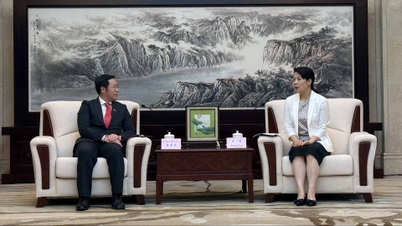

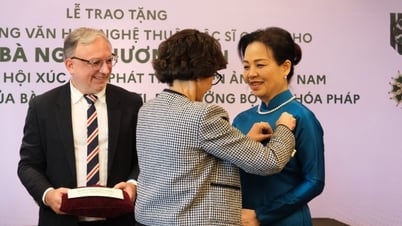
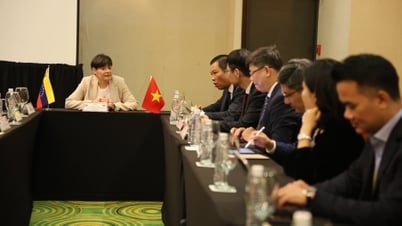






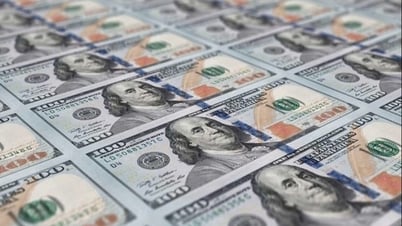
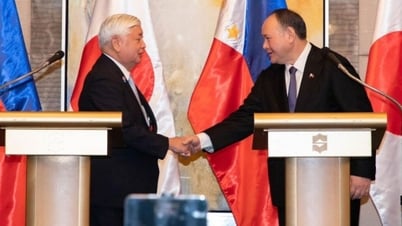

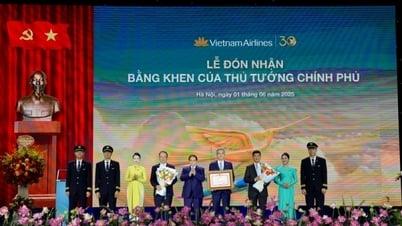















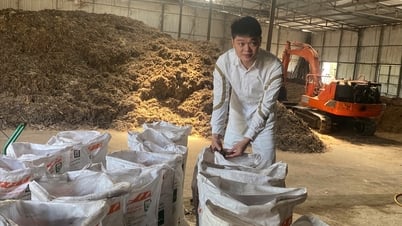

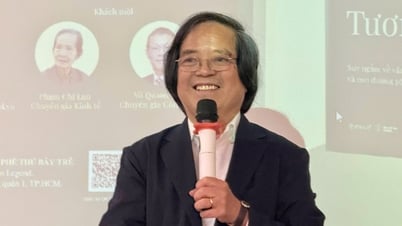



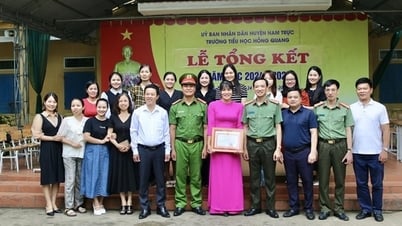






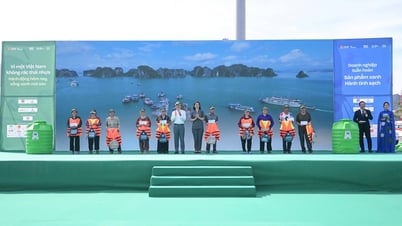

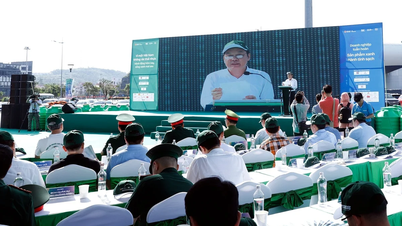
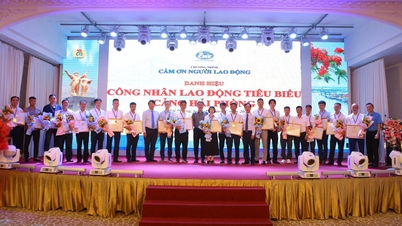


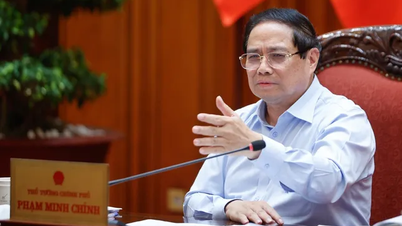










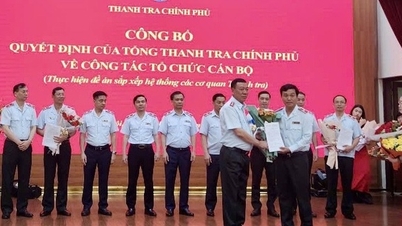
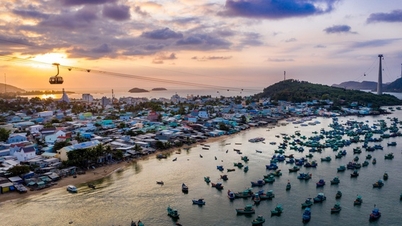

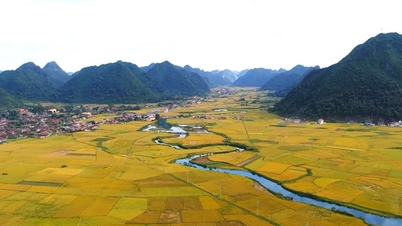

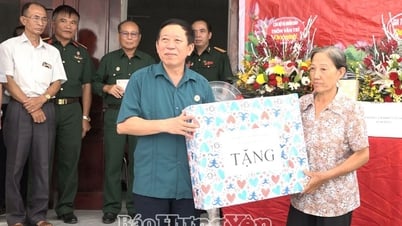

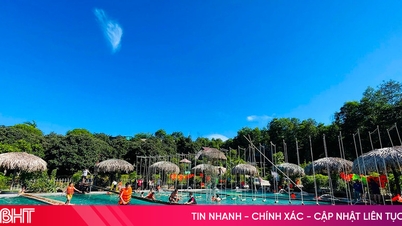



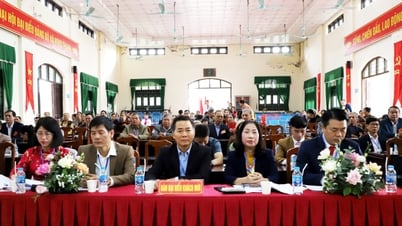
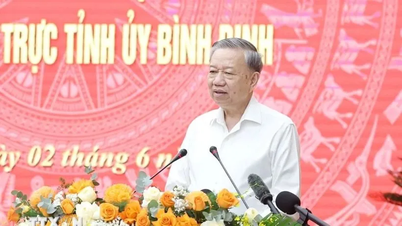

















Comment (0)